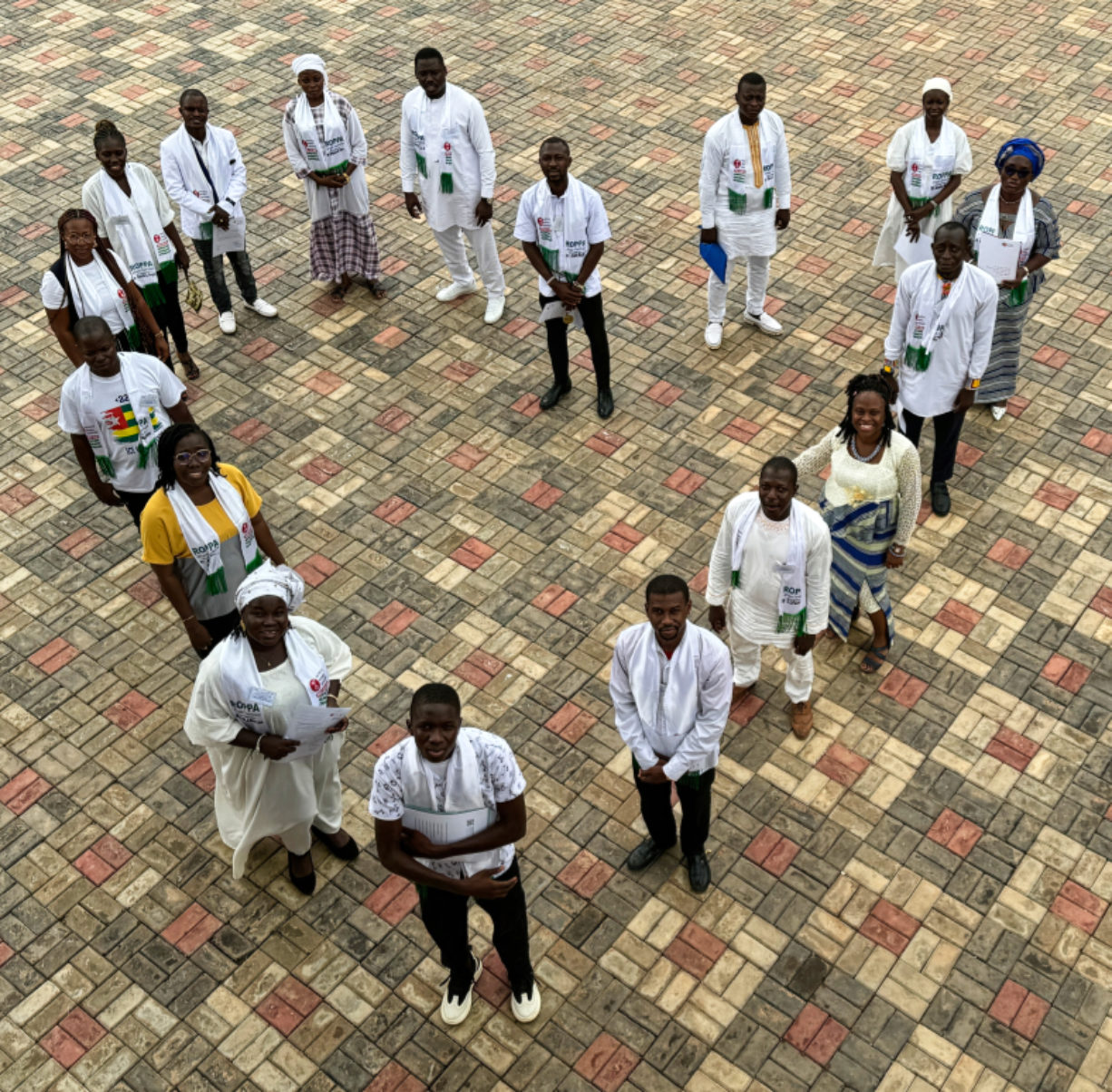The closing ceremony took place in a formal setting and was a significant event supported by leading board members from the ROPPA network and AHA. The latter emphasised the need to strengthen young leaders in the agricultural sector so as to ensure sustainable development in the region. The awarding of the certificates not only marks the end of an intensive learning process, but also the beginning of a new phase in which participants can put their newly acquired skills into practice and continue to benefit from their network.

Intensive workshops and preparation
The comprehensive PIJeL programme comprised two key workshops and several virtual sessions. The focus was on conveying technical and leadership skills and nurturing personal qualities that are essential for effective management and innovation in the agricultural sector. Courses focused on promoting self-efficacy and self-confidence in order to motivate young managers to be proactive in assuming responsibility.
A central component of the programme was networking between participants, experienced experts and leading actors in the agricultural sector. This provided the young leaders with valuable insights as well as an opportunity to share best practices and innovative ideas. In addition, participants were encouraged to develop their own projects that they can implement in their communities after completing the programme. These projects are designed to serve as catalysts for positive change in agriculture and in rural communities.
Future prospects and sustainable development
PIJeL participants have a promising future: they are now well-equipped to take on key roles in various areas of the agricultural sector – be it in farms, companies, state institutions or NGOs.
An important aspect of the PIJeL programme is supervising and supporting participants over the long-term. ROPPA plans to establish an alumni network that will serve as a resource for future programme rounds and as a platform for the continuous exchange of knowledge and experience. This network will also help to support young managers in their professional development and successfully implement their projects.
The first round of the PIJeL programme has shown the importance of empowering young people in agriculture and giving them the tools that they need to be leaders in their communities. Sustainable development of the agricultural sector in West Africa depends heavily on the ability to recognise and support such talent. With initiatives such as the PIJeL programme, ROPPA is taking an important step in this direction and helping to shape a new generation of leaders who can steer the agricultural sector towards a sustainable and prosperous future.
This could be of interest to you:
-
Image and Public Relations Work, International Cooperation -
International Cooperation From machines to added value: Ethiopian seed professionals discover their entrepreneurial gene!
Read -
Personal Development, International Cooperation Leadership, Confidence and Being Heard – Young Leaders Incubation Program
Read
